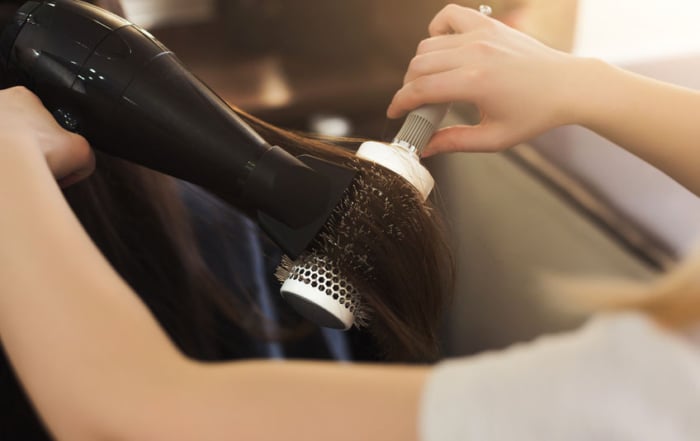Is It Time To Think About Footwear?
Even if a patient with diabetes follows all directions to the letter, there is still a chance of serious complications. For instance, more than half of American diabetics will develop peripheral neuropathy. At that point, something as simple as the choice of shoes can make a bad situation worse. Therefore, a podiatrist will recommend the best shoes for peripheral neuropathy. Spending the extra time to find footwear with the right features can make a tremendous difference.

What is peripheral neuropathy?
The limbs contain hundreds of nerve endings that comprise part of the extensive peripheral network. These nerve endings send signals to the brain and govern muscle contraction, temperature, sensation, pain, and more. Peripheral neuropathy is the damage to these nerves. Damaged nerves send the wrong signals or create a complete loss of signal. There are several causes of the condition, but most people with peripheral neuropathy also have diabetes. Over time, high blood sugar levels become toxic, creating inflammation and nerve damage in the hands and feet. The severity varies, but most patients gradually lose function of motor nerves and sensory nerves.
Are your feet in danger?
Diminished motor and sensory nerve function can be dangerous. For instance, some patients begin to lose feeling in the feet. What was once considered standard, like feeling vibrations, temperature, and pain, slowly declines. This can lead to slower reflexes and poor coordination when walking. In addition, some patients feel burning sensations when walking or touching objects, as the nervous system responds poorly. The poor nerve function often leads to difficulty walking and increases the chances of injury. The right footwear choice becomes crucial if a podiatrist or other medical professional diagnoses the condition.
Go soft and wide
A podiatrist will assess a patient’s condition to help select the best shoes possible. Shoe choice depends on which nerves are damaged and which areas of the feet have a loss of function. As a rule of thumb, podiatrists recommend soft shoes with a wide toe box. The patient may need to go wider than usual to give the toes breathing room. Since feet can swell after long periods of walking, a comfortable toe box ensures that no further damage comes to the nerves. Soft shoes with no hard corners or seams help avoid rubbing or friction against open wounds. Soft running shoes or long-distance trainers are great examples. Shoes designed for neuropathy have toe boxes ranging from normal to extra wide.
Get the right insoles
Flat shoes can increase impact when the foot strikes the ground, leading to pain. Podiatrists will always recommend shoes with orthopedic support. The shoe will have a soft, cushioned insert that is sometimes removable. These insoles should be slightly higher at the heel for a better foot position. This insert should also prevent overpronation on uneven surfaces, improving the user’s gait. Some also have added padding at the heel, acting as shock absorbers.
Function over style
People with peripheral neuropathy may not be able to wear everyday shoes or shoes based on brand. These shoes may lack the support and design needed for less pain and better sensation. Podiatrists will encourage the patient to find soft and wide shoes, providing excellent support. Most doctors recommend various brands at different price points so all patients can walk safely. Neuropathy can be uncomfortable and stressful, but patients can still walk comfortably with the right footwear.




